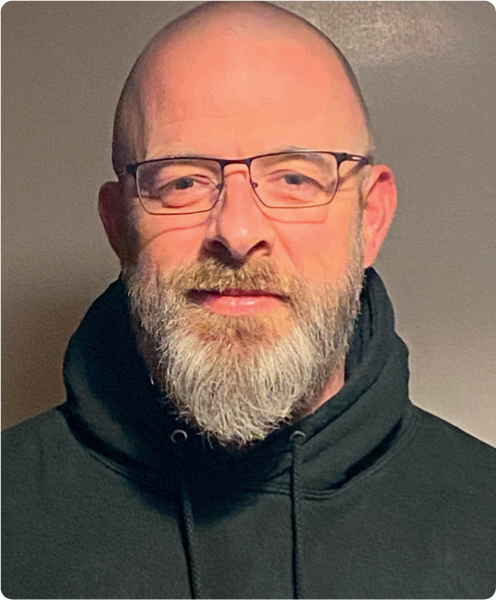
Over the next few weeks, I have a considerable number of differing assessments due—from essays to vivas and traditional exams. While pondering these exams, I found myself wanting to know more about the planning that must go on ‘behind the scenes’. It occurred to me that it must be incredibly difficult to plan and organise a course that has to cover so many differing aspects of prehospital and, to an extent, ongoing healthcare. The vast array of information that needs to be imparted into the next generation of clinicians is considerable and it all has to be delivered within a certain time frame, be it 3 years for a standard undergraduate degree, 4 years for myself and others here at Keele, and the varying timeframes it takes to graduate through an apprenticeship programme with an ambulance service trust.
While thinking through this, I started to compare it to my previous experience as a student. I came up to university in the early 2000s and I studied International Politics and Politics as an undergraduate. Following on from this, I was lucky enough to study for an MRes and MPhil in International Relations. The difference between my previous experience and studying paramedic science is considerable. In my earlier incarnation as an undergraduate, I took four differing modules per semester, each of which involved a presentation an essay and an exam (this was when we used a pen and a piece of paper rather than a computer—something I find quite difficult) that sat alongside others in the university's traditional exam period. In addition, the final year then involved the creation of a dissertation which, as I recall, covered two modules. My MRes, consisted of a similar number of modules, per term, covering topics about research and international relations and my MPhil involved independent research and the creation of a thesis.
The MSci in Paramedic Science covers both theory and application. Over 4 years, I have and will study anatomy, physiology, pathophysiology, behavioural health, paramedic practice, critical care, pharmacology, frailty, paediatrics, maternity, trauma, evidence-based practice, and many other areas of study. Classes have been theoretical and based in lecture theatres, and practical in areas such as anatomy suites and labs. We have had many hours of simulations based in differing locations such as outdoors, in simulation houses and practice ambulances, all while working in independent teams or alongside others such as the fire service, social workers and midwives. We have also spent many days in practice on ambulances, primary care, hospitals, and charities.
Both undergraduate degrees have been challenging for differing reasons. However, the sheer number of skills and amount of knowledge covered during the course of my paramedic science degree has been astounding. There is a great deal of information and a great many skills to develop in a short amount of time. However, learning is a lifelong process. From my perspective, the journey to becoming a paramedic will only truly start once I take my first tentative steps beyond university and into the NHS and beyond.


